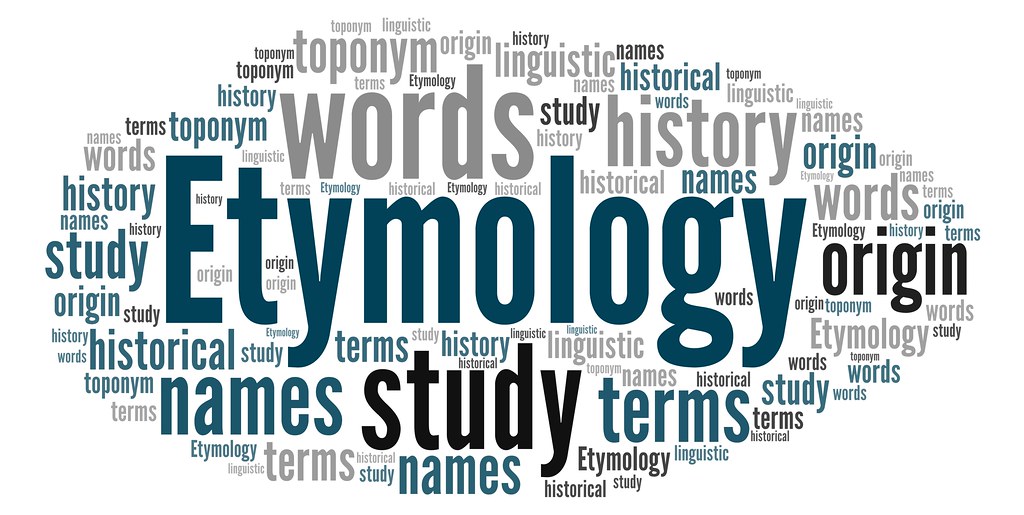Often when we’re in a conversation, we don’t know how to respond to a person’s remarks in a way that shows we understand their point or point of view. While we may think we understand what they meant because we agreed in a different conversation in a different time, perhaps in a different place, we don’t actually know what they meant if we didn’t exactly agree with them in that particular way. Therefore, many people have been driven to try to better understand the definition of the word “concordant”, and how it can be used in everyday conversation.
In this article, we’re going to examine the word “concordant”, a word that people use to describe their opinions about things, a word I think that’s one that is worth having a more in-depth look at. In modern English, “concordant” means “agreeable”, “harmonious”, or “consistent with”. Concordant is often used to describe the personality of people, things, or places.
Etymology
It’s etymology can be traced originally to both the French word “concordant” and to the Latin word “concordantem”, a present participle of “concordare” meaning “to agree, be of one mind,” and “concors” meaning “of the same mind”, respectively.
Definition
Concordant; adjective
con·cor·dant | \ kən-ˈkȯr-dᵊnt
consonant, agreeing
Merriam-Webster
Synonyms
accordant, coherent, compatible, conformable, congruent, congruous, consistent, consonant, correspondent, harmonious, nonconflicting
Antonyms
conflicting, conflictive, incompatible, incongruous, inconsistent, inharmonious, noncompatible
Uses in Context
“The texts were concordant on the proper use of quotation marks.”
“The movie’s opening-weekend gross was fairly concordant with box-office returns for that genre.”
“Chord: a combination of three or more usually concordant tones sounded simultaneously”
“Concordance between subjects and verbs is essential for good grammar.”
Abram Agnew Ersa (fake quote used to test proper grammar)

